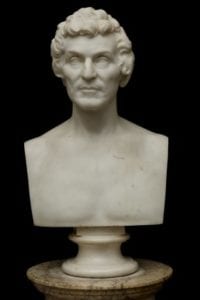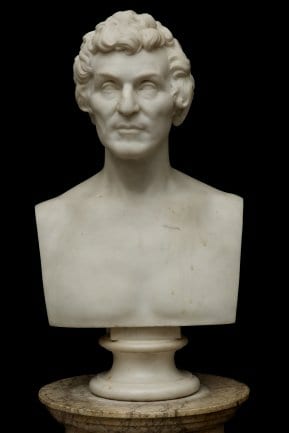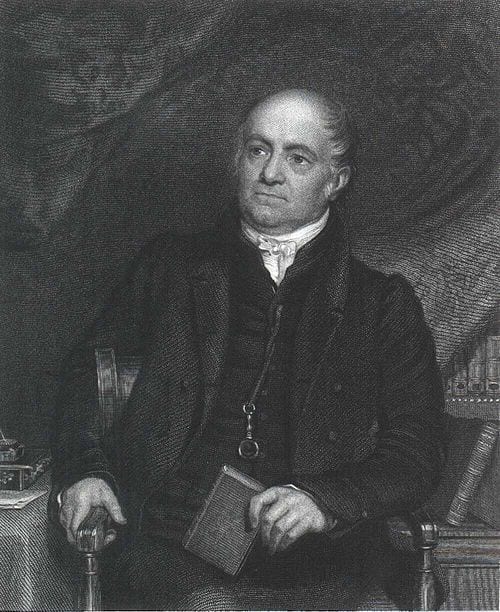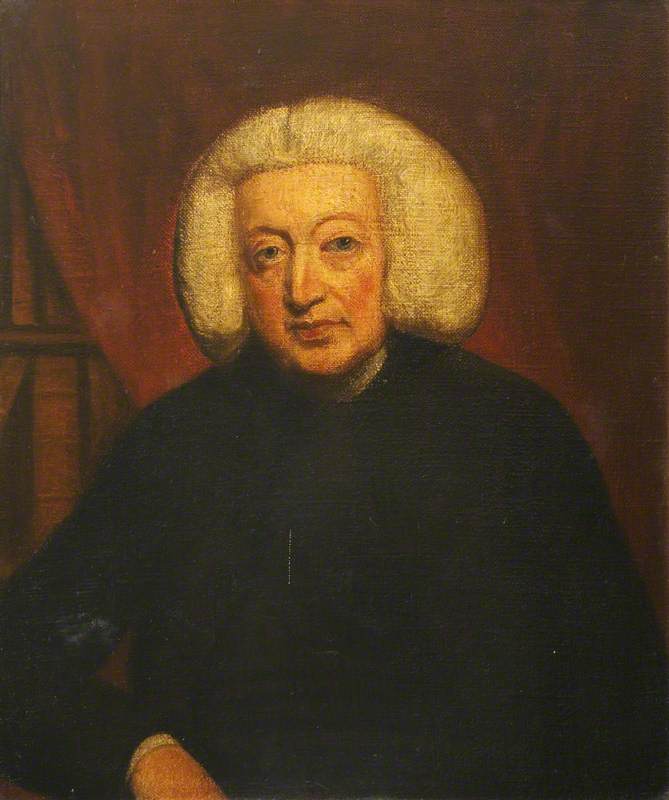 Thus is the delegate of God, he who was entitled to be called the Son of God, brought before our eyes in the Gospels. Were we to form a previous conception of the coming of a messenger from God to men, we might imagine him an angel descending in glory from the visible heavens, or a Messiah coming no one knew whence, a monarch, perhaps, ruling with unresisted wisdom and benevolence, and establishing throughout his kingdom the laws of God, or a prophet, impressing all around him with supernatural awe, and listened to only to be obeyed. Certainly we should free our conception from all that might seem degrading in the eyes of men, and embody in it all that we might think likely to command admiration and homage.
Thus is the delegate of God, he who was entitled to be called the Son of God, brought before our eyes in the Gospels. Were we to form a previous conception of the coming of a messenger from God to men, we might imagine him an angel descending in glory from the visible heavens, or a Messiah coming no one knew whence, a monarch, perhaps, ruling with unresisted wisdom and benevolence, and establishing throughout his kingdom the laws of God, or a prophet, impressing all around him with supernatural awe, and listened to only to be obeyed. Certainly we should free our conception from all that might seem degrading in the eyes of men, and embody in it all that we might think likely to command admiration and homage.
But when we turn from our imaginations to the realities presented in the Gospels, we perceive that in their exhibition of the office, character, and life of Jesus, the parts which separately viewed may seem so discordant blend themselves into one harmonious whole. The dark cloud is a part of the magnificent spectacle as essential as the flood of glory which pours over it. The Saviour of men came to teach us that all worldly distinctions are as nothing, compared with those which concern our spiritual nature and our immortal being;—and how could he have taught this, if he had not himself trodden them under foot? He came to teach that men are estimated by God very differently from the manner in which they had estimated and do still ordinarily estimate each other;—that, in the burning light of eternal truth and justice, all that is accidental to character, all that imposes on human weakness, disappears; and nothing remains as an object of God’s approbation but essential, indestructible virtue. He came to teach us the vanity of all merely human glory, and this lesson he could not have given, if he had been invested with the splendors of earth, or with more magnificent splendors from heaven, that he might overpower the imaginations of men. He came to teach us not by words alone, but by embodying his teaching in his life, that no sufferings should cause us to turn aside from duty. He came to form men by the most effectual, the only effectual means,—by his own example,—to the practice of the hardest and the highest virtues, those virtues which can be called into action only by severe trials. How could this have been done by such a messenger from God as we might, in our folly, imagine as suitable to the grandeur of the mission? He could, indeed, have proclaimed to us, that, when duty requires it, we must submit to any deprivation, to pain and death, and even be ready to bear our cross to the place of our execution. But what would have been the effect of such a declaration compared with that of the words of Jesus: “Let him who would be my follower renounce himself, and come after me, bearing his cross”? He came to bring hope to a world full of suffering, in which he heard all around him the wailing of wretchedness, as it may everywhere be heard at the present day by him whose ears the spirit of the religion of Jesus has opened to its cry. He came to men, as they were and as they are, sinning, sorrowing, insecure in all that they love on earth, often oppressed with gloom, often tried by severe afflictions, worn perhaps by disease and pain, seeing others perishing by the last extremities of misery and famine, and all fellow-travellers to death;—he came to us whose real life, at its best, is often so different from its show to the world; and he came to bring strength and consolation. Not before the throne of a monarch, nor in the presence of an angel, could we look for sympathy. It is when standing before the cross, while contemplating the death of the chosen of God, that we recognize one bound to us by a common nature, by community of suffering and by mutual sympathies, Jesus the strengthener, and Jesus the fellow-sufferer.
Andrews Norton, Internal Evidences of the Genuineness of the Gospels (Boston: Little, Brown, and Co., 1856), pp. 58-61.




